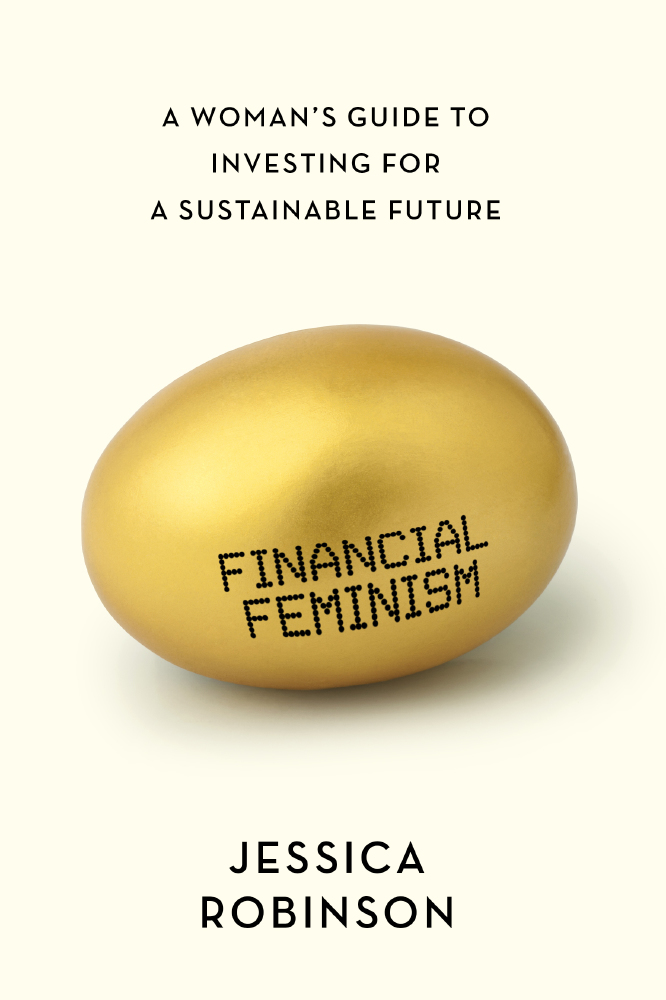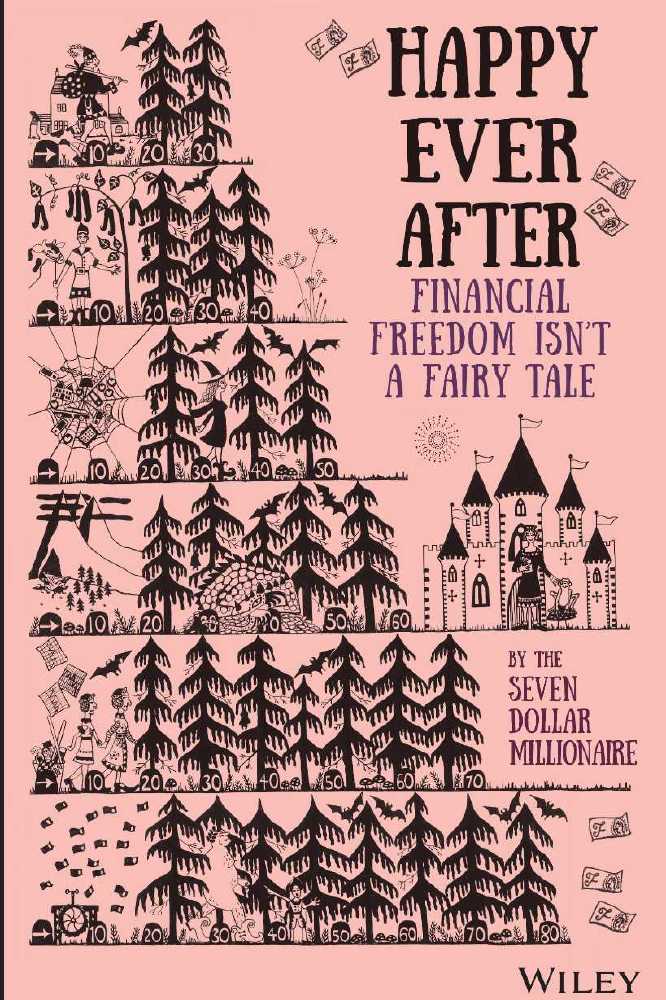When we discuss women and wealth, sometimes the conversations can be uncomfortable. They can bring up awkward emotions, harsh realities and complex challenges. However, for anyone interested in feminism and equality, these are not conversations we can ignore. As the wonderful Gloria Steinem so aptly put it, ‘We will never solve the feminisation of power until we solve the masculinity of wealth.’

Financial Feminism
The problem begins because women face a number of financial-related gaps when compared with men. The gender pay gap tends to receive the most attention – globally, women earn on average 80% of what men in comparative position earn. Latest estimates look like it will take us at least 200 years to catch up. But there are other gaps to consider … such as the gender funding gap (women receiving much less capital to support them in growing their businesses); the gender debt gap (women paying more for their debt than men); and the gender investing gap (women investing much less than men).
But let’s stay with the investing gap. When women invest less than men, parking more in cash, we lose out on the opportunity to earn bigger financial returns. Compounded with the pay disparity, we end up with less money for retirement. And this is a big issue, particularly as women tend to live longer.
So, what is holding women back from being more active as investors? It’s complex and we need to be careful of not making too many generalisations. However, there is lot of research that indicates many women lack confidence when it comes to investing. They don’t feel that they understand financial products well enough, but also lack the time and limited investment knowledge to get stuck in. Of course, this becomes a self-fulfilling prophecy. If we invested more, our confidence would grow.
Many women also hold on to the self-perception that ‘investing is not for them’, and this compounded by the way that the media communicates to us on money issues. Fascinating research has found that women are often labelled as spenders, encouraged to save and be cautious with money. Men, however, are depicted in the media as earners, encouraged to be daring and to take risks.
There is more at play here too. Women often report that they feel misunderstood by the financial industry itself, as well as patronized by financial advisors when seeking guidance. This is a really critical point because it is pushing women away. Across the world, women’s wealth is growing and so we need tailored investment products and services that are designed to meet our unique needs. For example, we know that many women are really interested in sustainable and impact investing and yet wealth managers are not doing enough to deliver these products to female investors.
Conversations about women and wealth do not need to be uncomfortable. In fact, we need to talk more about money and investing so we can ensure that women are truly empowered in all aspects of their lives.
RELATED: Seven tips for financial freedom by Seven Dollar Millionaire, author of Happy Ever After
“The Seven Dollar Millionaire” is a fund manager who was so worried his daughter was learning nothing about money at school, that he wrote her the book “Happy Ever After: Financial Freedom Isn’t A Fairytale”. Now published by Wiley, it teaches her, and the rest of us (and our kids) how we can build from knowing nothing about money, to being financially independent. Here are his top 7 tips... to read more click HERE

Financial Feminism by Jessica Robinson is published by Unbound, £9.99.

